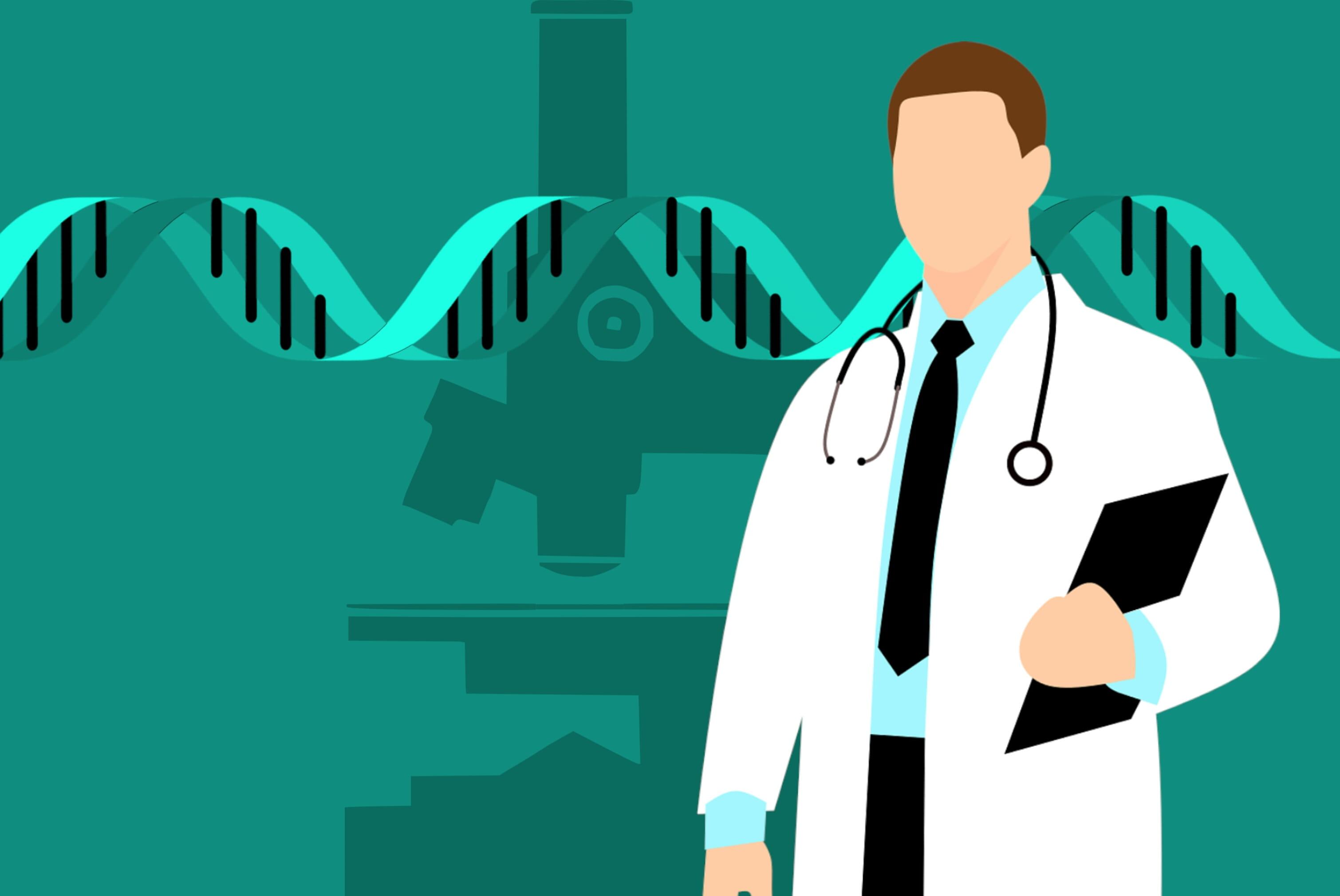Nashville, the "Music City," is famous for its vibrant culture, booming economy, and friendly Southern charm. But beneath the rhythm and bright lights, like any growing city, Nashville faces its share of mental health challenges. The good news is that the community has a robust and evolving network of resources dedicated to supporting mental well-being mental health nashville tn.
Whether you're a long-time resident or new to town, understanding the landscape of mental health services in Nashville is key to finding the right support for yourself or a loved one.
A Spectrum of Care: From Crisis to Long-Term Wellness
Nashville offers a comprehensive range of mental health services, designed to meet diverse needs:
1. Crisis Intervention & Immediate Support:
When an emergency strikes, quick access to help is paramount. Nashville has critical resources in place:
988 Suicide & Crisis Lifeline: This national hotline is available 24/7 by calling or texting 988. It connects individuals in crisis with trained counselors.
Mobile Crisis Services: For those in crisis who need immediate, on-site intervention, services like the Mobile Crisis Line (Family and Children's Service at 615-244-7444) can provide free, 24/7 telephone counseling and dispatch a mobile crisis team if necessary.
Crisis Stabilization Units (CSUs) & Walk-in Centers: These facilities offer immediate assessment and short-term stabilization for individuals experiencing acute mental health crises.
Vanderbilt Psychiatric Hospital: As a leading academic medical center, Vanderbilt provides acute inpatient behavioral health services for adults, adolescents, and children, with 24/7 crisis assessment and admissions.
Ascension Saint Thomas Behavioral Health Hospital: Also offering inpatient care, this facility provides personalized treatment for adults and senior adults in a therapeutic environment.
2. Inpatient and Residential Treatment:
For more intensive care, when symptoms are severe or require a highly structured environment, Nashville has several excellent options:
Vanderbilt Psychiatric Hospital and Ascension Saint Thomas Behavioral Health Hospital both offer comprehensive inpatient programs.
Residential Treatment Centers (RTCs): While some are located slightly outside the immediate city, facilities like Tulip Hill Recovery (Murfreesboro) or BrightQuest Treatment Centers (further out) offer longer-term residential care, often focusing on complex mental illnesses and dual diagnosis.
Lotus Wellness: This facility in Nashville provides both inpatient and outpatient services, with a focus on comprehensive mental health and residential treatment.
3. Outpatient Programs: Stepping Down and Ongoing Support:
Once stabilized, or for those who don't require inpatient care, Nashville's outpatient services are extensive:
Partial Hospitalization Programs (PHPs) & Intensive Outpatient Programs (IOPs): These programs offer structured therapy for several hours a day, multiple days a week, allowing individuals to return home. TriStar Centennial Parthenon Pavilion and Athena Care are examples offering PHPs and IOPs for adults and adolescents.
Individual Therapy & Counseling: A vast network of licensed therapists and counselors specialize in various modalities (CBT, DBT, EMDR, etc.) to address a wide range of concerns, from anxiety and depression to trauma and relationship issues. Resources like Psychology Today and Nashville Therapy Group can help you find a therapist that fits your needs.
Psychiatry and Medication Management: Psychiatrists in Nashville provide evaluations, diagnoses, and medication management. Vanderbilt Health and Ascension Saint Thomas have robust psychiatric departments, and private practitioners like Dr. Joseph M. Sharpe offer comprehensive psychiatric care.
Community Mental Health Centers: Organizations like Centerstone offer a wide array of outpatient services, often on a sliding scale or with various funding options, making care more accessible. The Metro Public Health Department also provides free mental health counseling and screenings.
4. Support Groups and Peer Services:
Connecting with others who understand your experiences can be incredibly empowering:
NAMI Davidson (National Alliance on Mental Illness): This local chapter of NAMI offers free support groups (like NAMI Connection Recovery Support Group) and educational programs for individuals living with mental illness and their families.
Peer Support Centers: The Tennessee Department of Mental Health and Substance Abuse Services (TDMHSAS) supports numerous peer support centers across the state, including in the Nashville area. These centers offer free recovery-oriented services, classes, and social activities, all led by individuals with lived experience.
Specialized Support Groups: You can find groups focusing on specific conditions (e.g., OCD and anxiety groups through the Nashville OCD & Anxiety Treatment Center) or particular demographics (e.g., LGBTQIA+ inclusive groups).
Finding Your Path in Music City:
Navigating the mental health landscape can feel daunting, but Nashville has committed professionals and organizations ready to help. Here are some steps to take:
Assess Your Needs: Honestly evaluate the severity of your symptoms and what level of support you require.
Utilize Online Directories: Websites like Psychology Today, the NAMI Tennessee resource page, and Vanderbilt Health's behavioral health resources are excellent starting points for finding providers and facilities.
Check Insurance Coverage: Contact your insurance provider to understand your benefits for mental health services. Many facilities work with major insurance plans.
Don't Hesitate to Ask Questions: When contacting providers or facilities, inquire about their treatment approaches, staff qualifications, costs, and aftercare planning.
Lean on Community Resources: Organizations like the Tennessee REDLINE (1-800-889-9789) can provide referrals for both mental health and substance abuse services. The United Way's 211 helpline also offers comprehensive community resource lists.
Nashville is more than just a tourist destination; it's a community dedicated to the well-being of its residents. By understanding the diverse mental health resources available, you can find the sanctuary and support you need to embark on your healing journey in Music City.



